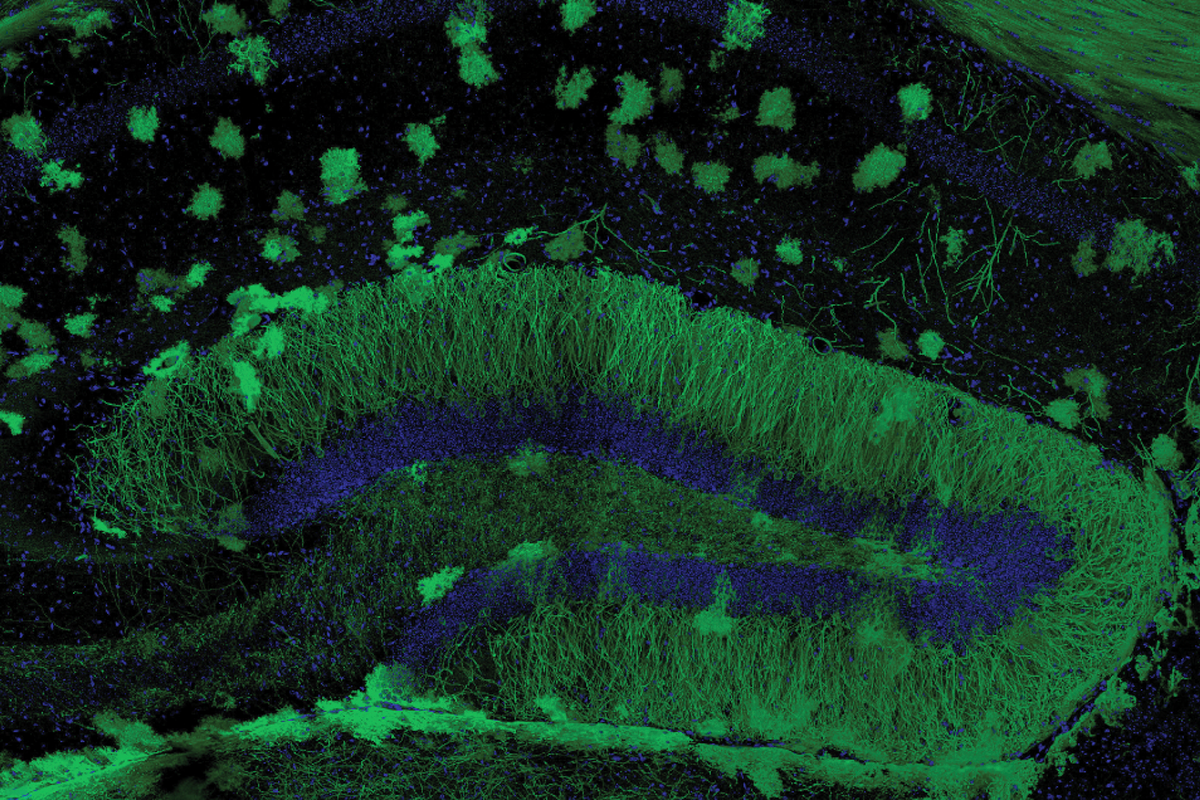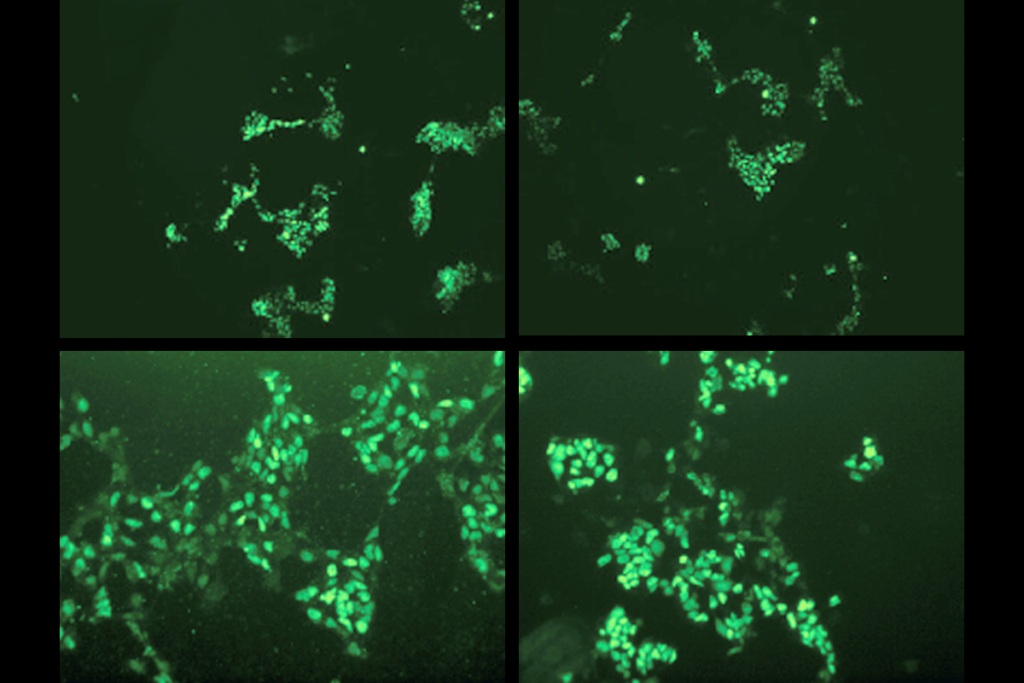Scientists have known for some time that male mice born to mothers treated with immune-stimulating molecules show behaviors that mirror the core traits of autism. But a new study shows that these rodents, unlike wildtype animals, also retain the memories they form during early life.
The findings reveal a link between the retention of early memories and the trajectory of brain development associated with autism, says Tomás Ryan, associate professor of neuroscience at Trinity College Dublin in Ireland, who led the new work. Overall, research looking at memory and autism is “very fragmented,” he adds, with only a few studies focusing on forgetting.
For example, autistic children have more difficulty remembering faces than do neurotypical children, and they also struggle to recall nonsocial information, according to a study published last November. Other studies, however, suggest autistic people have an abnormally vivid recall of people’s names and faces and of early memories.
Humans and other mammals typically experience a classic form of forgetting called infantile amnesia — the seemingly complete loss of memories formed during infancy. This amnesia sets in as early memories become progressively inaccessible over time, a 2018 study showed. But, that work also revealed, adult mice can retrieve the forgotten memories if the neurons involved in forming them during infancy are reactivated.
Ryan and his colleagues confirmed these findings before exploring how maternal immune activation might affect the process.
D
uring a training period, wildtype infant and adult mice in Ryan’s lab learned to associate a specific cage with a mild electric shock to their feet, which caused the animals to freeze in place. After 24 hours outside of the cage, the mice froze when they were put back in — a sign that they remembered the shock.But one week later, the infant mice showed signs of forgetting this association. Other tests — in which the mice interacted with a new object or had to find an escape hole — revealed that the young animals lose memories as early as eight days after training. By contrast, adult mice showed no such loss of learning.
The young mice were able to retrieve lessons from infancy, however, when Ryan’s team used optogenetics, a technique that uses light to control neurons, to re-activate the correct memory cells, suggesting that early memories are stored in the adult brain but cannot be accessed under typical circumstances. “There is information in the brain in a latent state,” Ryan says.
The team then ran similar tests with pups born to pregnant mice treated with either a compound that mimics a viral infection or with inflammatory molecules. This maternal immune activation (MIA) model is thought to mimic severe infections during pregnancy, which are associated with an increased likelihood of having a child on the spectrum. Male mice in this group — but not females — displayed autism-like traits such as repetitive behaviors and social difficulties, a result that is consistent with previous findings.
But assessments of memory in the males revealed something unexpected: MIA exposure prevented the loss of early memories by altering the function of specialist memory cells in the brain, the researchers found. (Females born to these mothers did not show this pattern of memory retention.)
“There’s something about the autism state, or at least the maternal immune activation state, that is placing memories in a different situation,” Ryan says. “The brain — for whatever reason — is deciding not to forget these memories.”
Compared with controls, MIA male pups had more specialist memory cells in the dentate gyrus, a brain area that helps form new memories. These memory cells also displayed a higher density of dendritic spines — the neuronal projections that receive electrical signals. The findings were published last October in Science Advances.
O
ther research from Ryan’s lab is starting to provide clues to the mechanisms involved in infantile amnesia. For example, dampening the activity of microglia, the resident immune cells of the brain, shortly after birth also prevents the loss of early memories in mice, according to unpublished results presented in November at the Society for Neuroscience meeting in Washington, D.C.And activating an enzyme called Rac1 accelerates memory loss, Ryan and his colleagues reported last year in a preprint. Past research has shown that multiple autism-linked genes affect Rac1, and disruptions of Rac1 signaling contribute to autism-like behaviors in animal models.
Ryan’s latest findings reinforce the idea that many memory problems may be due to a failure to reactivate specialist memory cells in the brain, says Sheena Josselyn, professor of psychology and physiology at the University of Toronto in Canada, who wasn’t involved in the study. “These findings have important implications for memory and memory difficulties in folks throughout the lifespan,” Josselyn says. But the results’ relevance to humans needs further study, she adds.
Regardless, the work “puts together ideas from a variety of investigations — the maternal immune activation, the neurobiology of memory formation,” says André Fenton, professor of neural science and director of the Center for Neural Science at New York University, who didn’t take part in the research. “It’s a clever study.”
The findings also provide an interesting way to think about the consequences of neurodevelopmental insults such as maternal immune activation, Fenton says, noting that the immune activation model of autism has “too much memory, if you will.” Such unregulated neurobiological consequences, he says, may produce what appear to be learning and memory difficulties later in life.






